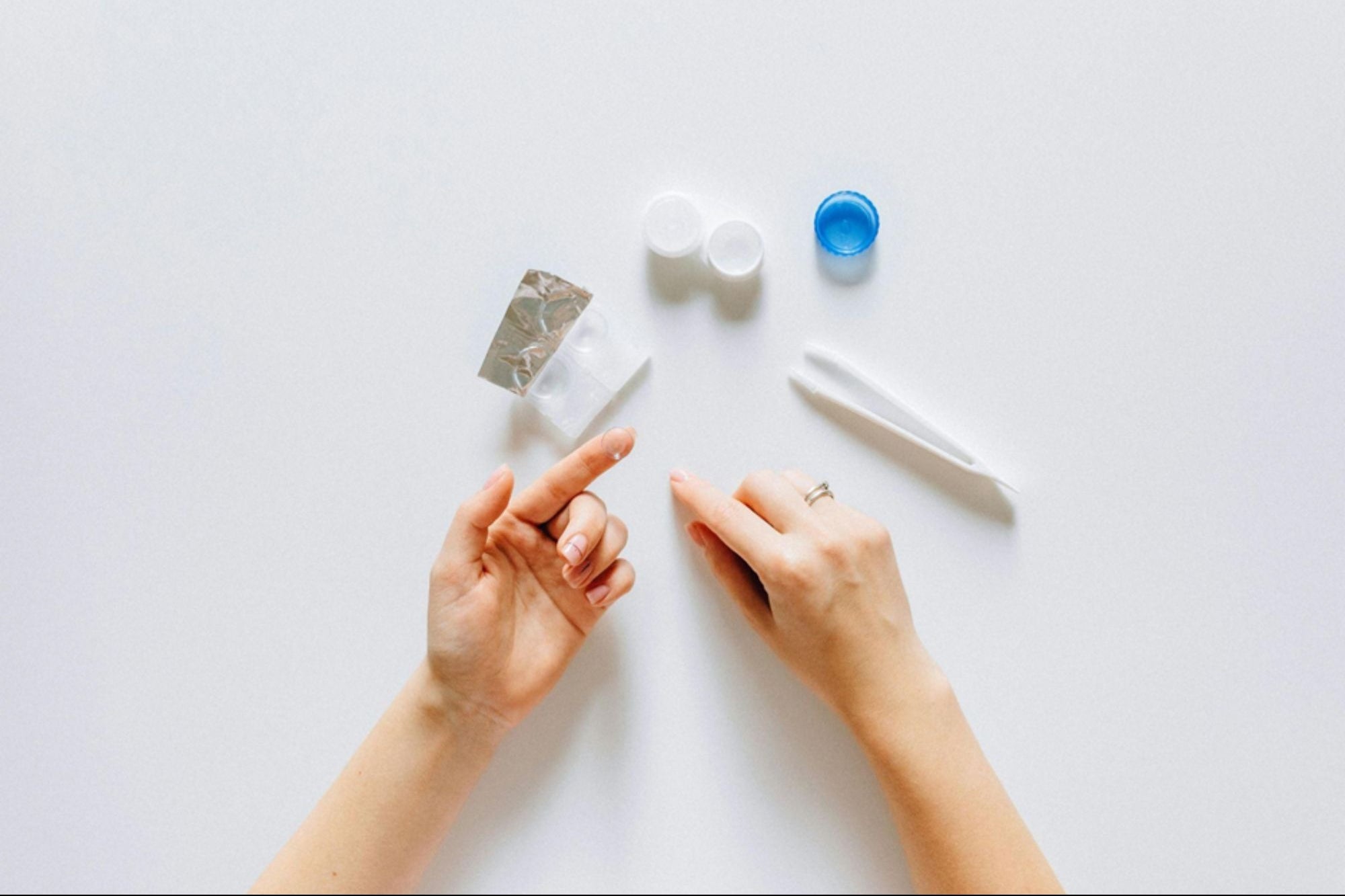Contact Lenses 101: How to Choose the Best Fit for Comfort and Clarity Contact lenses are worn by more than 45 million people in the U.S. [Vision Council, 2023]. As technology advances, new lens materials and features have made contacts more comfortable, breathable, and suited to long-term wear.
By will jones
Opinions expressed by Entrepreneur contributors are their own.
You're reading Entrepreneur India, an international franchise of Entrepreneur Media.

Contact lenses provide a discreet and practical alternative to traditional eyeglasses. With options for nearly every vision need, including daily disposables, toric lenses, and colored lenses, contacts can match your lifestyle while offering clear, unobstructed vision.
Contact lenses are worn by more than 45 million people in the U.S. [Vision Council, 2023]. As technology advances, new lens materials and features have made contacts more comfortable, breathable, and suited to long-term wear. They're ideal for active lifestyles, professional settings, and people who prefer not to wear glasses.
Key Advantages of Wearing Contact Lenses
1. Natural-Looking Vision Without Frames
Wearing glasses is an interesting contradiction of perception. While the glasses sit on your face and enhance your vision, the lenses are so close to your eyes that you generally don't even see the artifice of the glasses themselves. In stark contrast, everyone around you sees your glasses constantly. Contrast this to contact lenses, which enhance your vision discreetly, to the point that people in your life may not even realize you wear them.
Contacts sit directly on your eye and move with it, providing a wide field of view with no visual obstructions. Additionally, contacts don't fog up, slip, or interfere with face masks or helmets in the way that traditional glasses often do. In this way, contact lenses afford the wearer greater benefits than eyeglasses and eliminate many of the usual detractors.
2. Improved Comfort and Eye Health
One of the major concerns surrounding contact lenses when they were first introduced to the public was the safety and comfort of the wearer. The idea of putting a lens directly into your eye sounds intimidating and potentially harmful, especially to people of the mid-century who had never seen such technology before. However, in the decades since then, contact lenses have become far more commonplace and widely accepted for a reason: they're safe and comfortable.
Modern contact lenses use high-oxygen materials, such as silicone hydrogel, which helps keep eyes hydrated for extended periods. Furthermore, daily lenses minimize the risk of irritation from deposits and environmental allergens [National Library of Medicine, 2025].
3. Designed for Specific Vision Needs
Just as the lenses of traditional eyeglasses are customizable, capable of being tailored directly to the user's eyewear needs, so too are contact lenses. Different types of lenses are available for nearsightedness, farsightedness, astigmatism (toric), and presbyopia (multifocal).
Beyond medical needs, there are additional ways to customize your contact lenses as a personal aesthetic statement. Colored and photochromic contacts offer both cosmetic and functional benefits.
4. Convenience for Active and Busy Lifestyles
Participating in highly involved physical activities while wearing eyeglasses can be quite troublesome. By design, glasses rest upon your face without being locked uncomfortably into position. However, this can make taking part in high-octane events a real challenge, as any substantial amount of movement can cause your glasses to slip off easily.
Contact lenses are a unique solution to this problem, as they are much more firmly situated in place and less likely to come loose. Whether you're hitting the gym or traveling, contacts stay put and provide reliable vision correction throughout the day. Beyond these needs, many users opt for daily contact lenses for added convenience and hygiene. If you're a highly active person, contact lenses make life easier in numerous ways.
Lena, a professional dancer, switched to contact lenses after years of wearing glasses. "During rehearsals, I don't have to worry about slipping frames or fogged lenses; it's complete freedom of movement."
Safety Tips for Contact Lens Users
Improper care can lead to infections. The CDC warns that nearly 99% of contact lens wearers report at least one unsafe habit, such as wearing lenses not approved for overnight use [Bloomberg, 2022]. Always follow your eye doctor's care instructions and replace lenses as directed.
Clear Vision and Seamless Comfort: The Right Lens for Your Lifestyle
Thanks to contemporary developments and customizable options, contact lenses provide a useful, comfortable, and nearly invisible solution for vision correction. By selecting the right type of lens and practicing safe lens care, you can enjoy clear vision and all-day confidence tailored to your lifestyle, whether you're working, traveling, or simply living life without the hassle of frames.
FAQ
Q: Are contact lenses safe for teenagers?
A: Yes. Teens can use contacts safely with proper guidance and education on hygiene from an optometrist.
Q: How long can I wear my contacts each day?
A: Most lenses are approved for 8–16 hours, depending on type. Always follow wear-time guidelines and monitor for dryness or discomfort.
Q: Can I swim or shower with contact lenses?
A: It's not recommended. Water may carry bacteria that increase the risk of eye infections. Use swim goggles or daily lenses if necessary.











